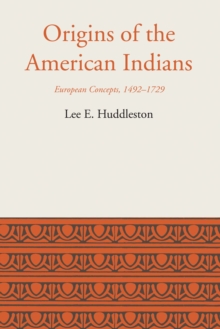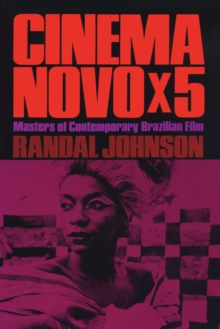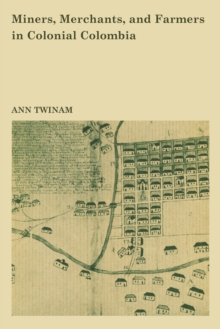
Judge and Jury in Imperial Brazil, 1808-1871 : Social Control and Political Stability in the New State Paperback / softback
by Thomas Flory
Part of the LLILAS Latin American Monograph Series series
Paperback / softback
Description
In nineteenth-century Brazil the power of the courts rivaled that of the central government, bringing to it during its first half century of independence a stability unique in Latin America.
Thomas Flory analyzes the Brazilian lower-court system, where the private interests of society and the public interests of the state intersected. Justices of the peace—lay judges elected at the parish level—played a special role in the early years of independence, for the post represented the triumph of Brazilian liberalism’s commitment to localism and decentralization.
However, as Flory shows by tracing the social history and performance of parish judges, the institution actually intensified conflict within parishes to the point of destabilizing the local regime and proved to be so independent of national interests that it all but destroyed the state. By the 1840s the powers of the office were passed to state appointees, particularly the district judges.
Flory recognizes these professional magistrates as a new elite who served as brokers between the state and the poorly articulated landowner elite, and his account of their rise reveals the mechanisms of state integration. In focusing on the judiciary, Flory has isolated a crucial aspect of Brazil’s early history, one with broad implications for the study of nineteenth-century Latin America as a whole.
He combines social, intellectual, and political perspectives—as well as national-level discussion with scrutiny of parish-level implementation—and so makes sense of a complicated, little-studied period.
The study clearly shows the progression of Brazilian social thought from a serene liberal faith in the people as a nation to an abiding, very modern distrust of that nation as a threat to the state.
Information
-
Available to Order - This title is available to order, with delivery expected within 2 weeks
- Format:Paperback / softback
- Pages:284 pages
- Publisher:University of Texas Press
- Publication Date:01/03/1981
- Category:
- ISBN:9781477305928
Information
-
Available to Order - This title is available to order, with delivery expected within 2 weeks
- Format:Paperback / softback
- Pages:284 pages
- Publisher:University of Texas Press
- Publication Date:01/03/1981
- Category:
- ISBN:9781477305928










